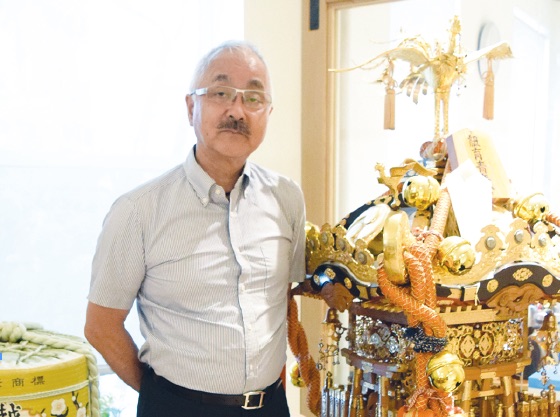
Courtesy NY Japion
Japanese restaurant owner Shuho Yagi.
Read the original story in Japanese at NY Japion
Translated by Rebecca Suzuki
51 years ago, T.I.C. Restaurant Group Representative Shuho Yagi stepped foot in the U.S. for the first time, a place he’d dreamed about.
Yagi’s father died of an illness when he was four years old, so he was raised single-handedly by his mother. He volunteered to enlist in the Juvenile Self-Defense Force before entering Choshi Municipal High School. After graduation, he planned to attend a university in Tokyo that had an English department, but he was late to the entrance exam, and the opportunity to pursue higher education was abruptly taken away from him. “Well, I’ll just go to an English-speaking country then,” he said, and decided to move to the United States.
In 1968, clutching $500 in cash, Yagi boarded a ship from Yokohama to San Francisco, then made his way to Philadelphia. He took on several jobs in the city, including gas station store clerk, dishwasher and bartender. Eventually he moved to Martha’s Vineyard in Massachusetts and opened a yakitori shop called “Mister Teriyaki.” With the money he made there, he bought a truck and moved to New York to open a greengrocer. He then opened up a 24-hour diner, while still operating the market.
“That was my very first restaurant,” Yagi recalls.
In 1984, he bought a building in the East Village for a reasonable price and opened a Tokyo-style sushi restaurant called Hasaki. Back then, the neighborhood was home to many abandoned buildings, but Yagi foresaw Japanese food was going to take off. And just as he predicted, customers kept coming.
Yagi opened several other restaurants, including Shabu-Tatsu, Sake Bar Decibel, Sakagura, and Sobaya, and he now runs 16 Japanese eateries. He also serves on a board of directors at The Gohan Society, which each year selects New York chefs to travel to Kanazawa so that they can learn about Japanese culinary heritage.
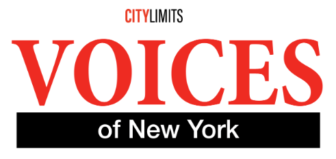
Voices of New York spotlights ethnic and community reporting from around the city. Click here to read more.
“I am often told to stop doing so many things at once and just focus on one thing. But I want to introduce trending food from Japan to the world, so I tend to do a lot,” Yagi said.
He’d like to start working with young Japanese chefs who have an international culinary background to create a unique food culture in New York and to keep things exciting. Even at 71 years old, Yagi is always experimenting and coming up with new ideas.
“There’s a quote by Japanese philosopher Musashi Miyamoto, ‘Do not regret what you have done.’ It means that if I take responsibility for my own actions, I will have no regrets. I’ve always carried this quote with me.”
He remains active, going swimming at the gym every other day and traveling to different parts of the world, always meeting new people.
“When you climb a mountain, you always have to come back down. But after you summit successfully, you tend to injure yourself on your way down from feeling relieved and being less careful,” he says. “Business works much the same way, so while experiencing the ups and downs, it’s important to keep that strength that’s gathered to get out of a slump. If you fear failure, you can’t succeed, so if there’s something you want to do, you should just go out and do it.”


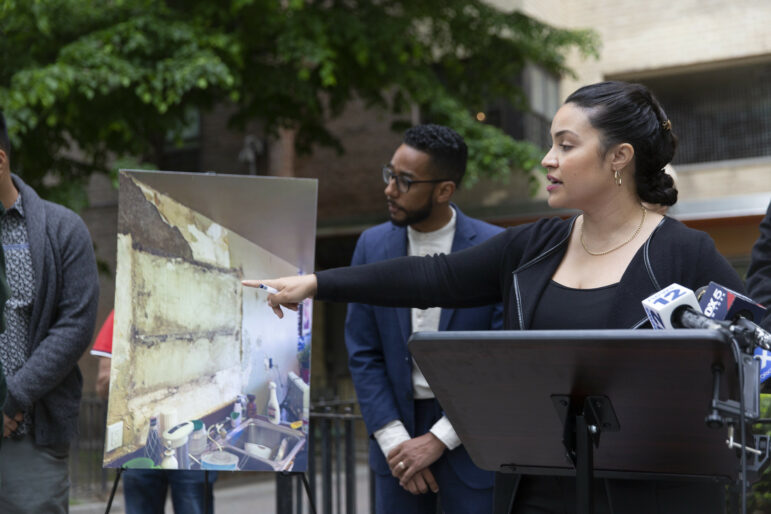

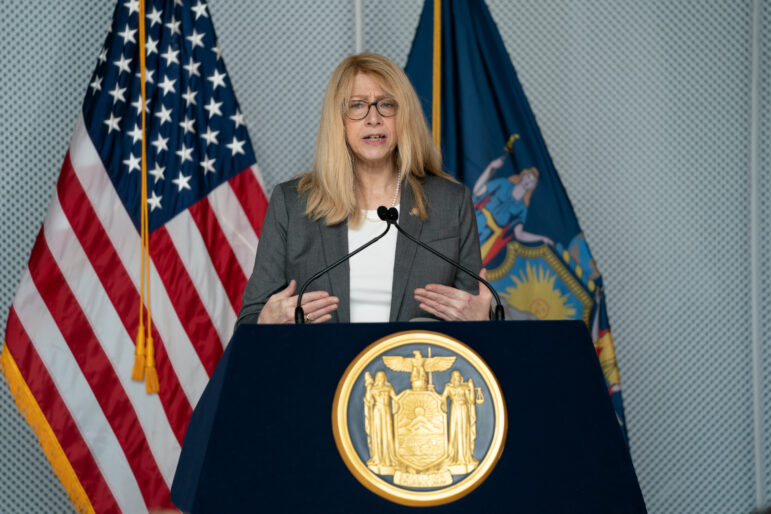
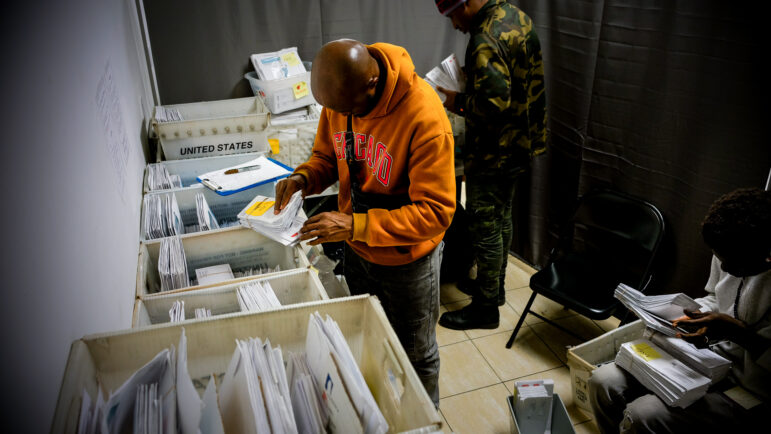
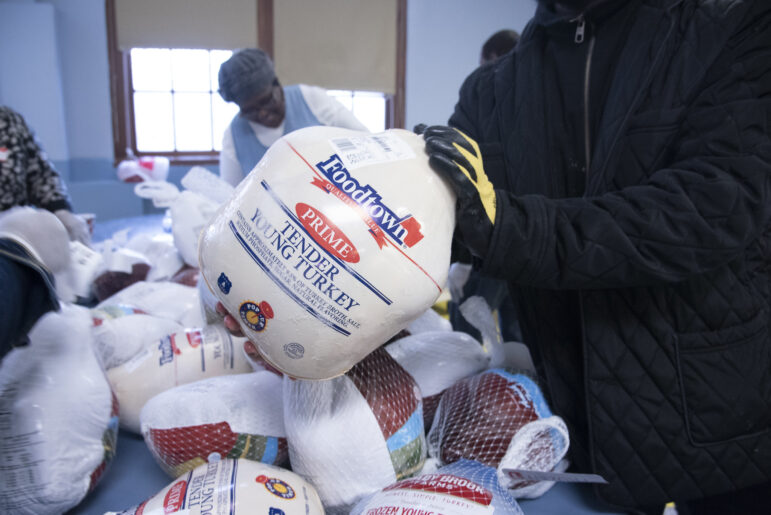


0 thoughts on “Restaurateur Shuho Yagi on Bringing Japanese Food to the East Village”
Shuho (“The Shu”) Yagi also owned 103 Second Avenue, which was located at 6th street and 2nd avenue; it was a 24-hour diner with neon in the windows and a very happening jukebox. It lasted approximately ten years, closing in 1990.